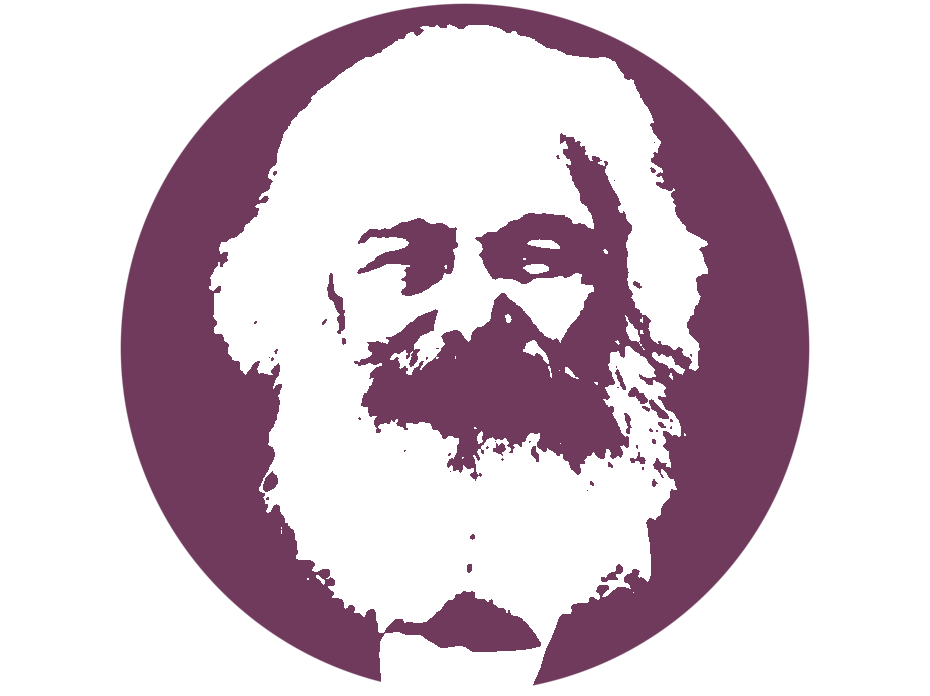Samuel Scheffler
Consequentialists start by ranking states of affairs from best to worst, then tells us that the right act is the one which maximizes the highest-ranked state of affairs. The rightness or wrongness of actions depends very much on which state of affairs a given consequentialist ranks highest (utilitarians rank human happiness highest), but all varieties of consequentialism share a basic premise: what people ought to do is to minimize evil and maximize good, to try, in other words, to make the world as good a place as possible” (pg. 1). We judge actions according to their outcomes.
Three most common objections to utilitarianism:
- utilitarianism does not give weight to the justice or fairness of the distribution of goods. If net happiness is maximized, utilitarians don’t care if that particular arrangement leaves certain members of society in poverty while others thrive. Likewise, if by denying freedom to a few we could maximize net happiness for the whole, utilitarians would not only support the move, they’d be morally required to pursue that course. This is John Rawls’ critique. (2, and also the Rawls essay).
Bernard Williams
If we reject consequentialism by claiming there are certain actions which are intrinsically valuable (as opposed to valuable only to the extent that they bring about a certain state of affairs), that does not mean we must accept that there are certain actions which are always right or wrong, no matter the consequences.(26-29) in other words, we don’t wish to accept absolutist thinking in regards to the rightness of an action, a way of thinking that rejects in its entirety the notion that consequences matter.
But if we reject this absolutist anti-consequentialist position, that does not mean we accept that everything depends on consequences. The 20th century offered up more than enough evidence for why we should reject the second premise.
